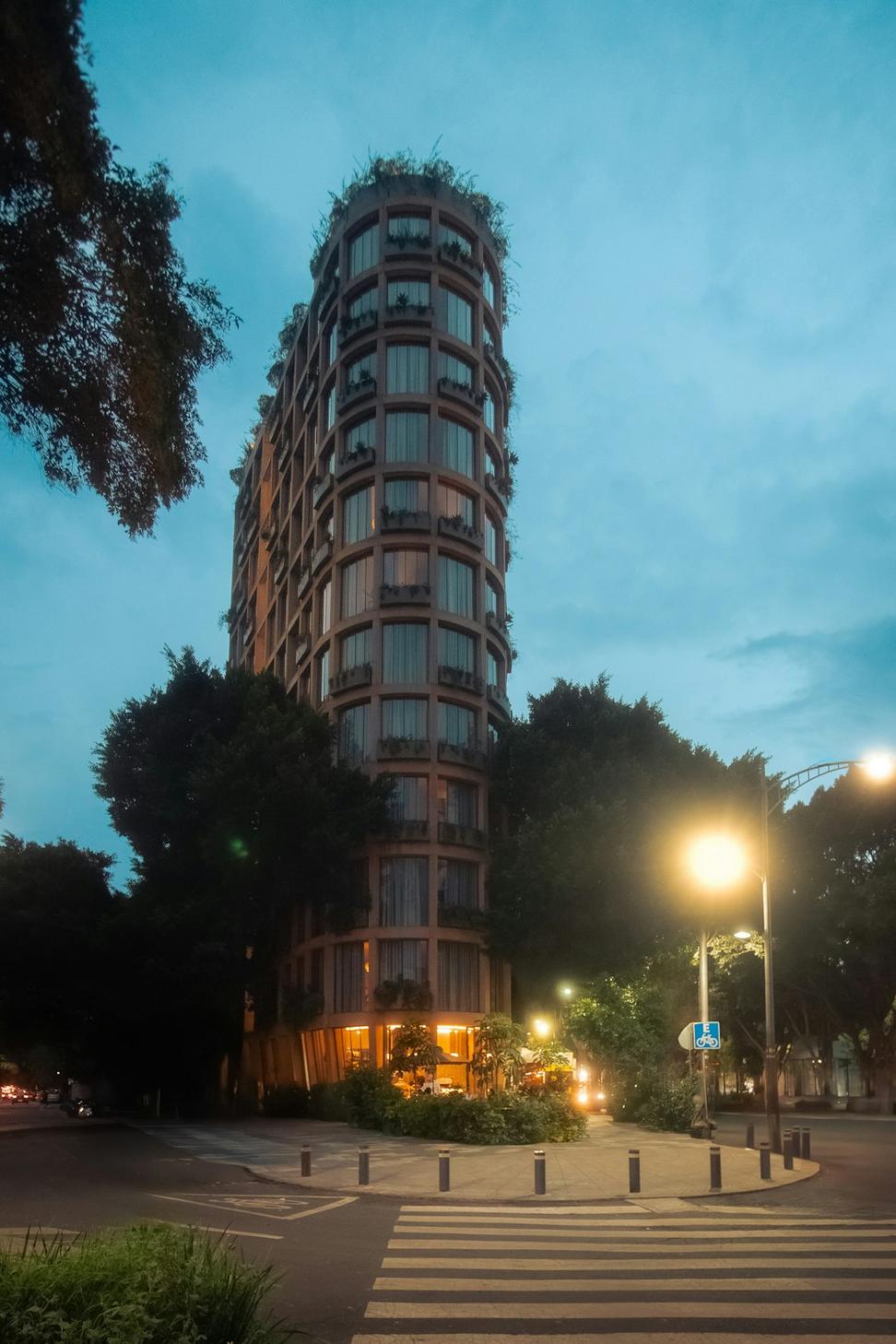
Building Responsibly
Not just greenwashing - actual sustainable design that works
Been in this business long enough to see the trends come and go, but this? This isn't a trend. Climate's changing whether we like it or not, and buildings account for nearly 40% of global carbon emissions. That's on us.
Started focusing on sustainable design back in 2018, and honestly, it's changed everything about how we approach projects. It's not about slapping some solar panels on the roof and calling it a day - though yeah, we do that too. It's about rethinking the whole process from the ground up.
Here in Vancouver, we've got this incredible opportunity. The climate's mild, we've got tech, we've got resources. There's really no excuse for not building smart anymore. Plus, turns out clients actually save money in the long run. Who knew doing the right thing could also make financial sense?
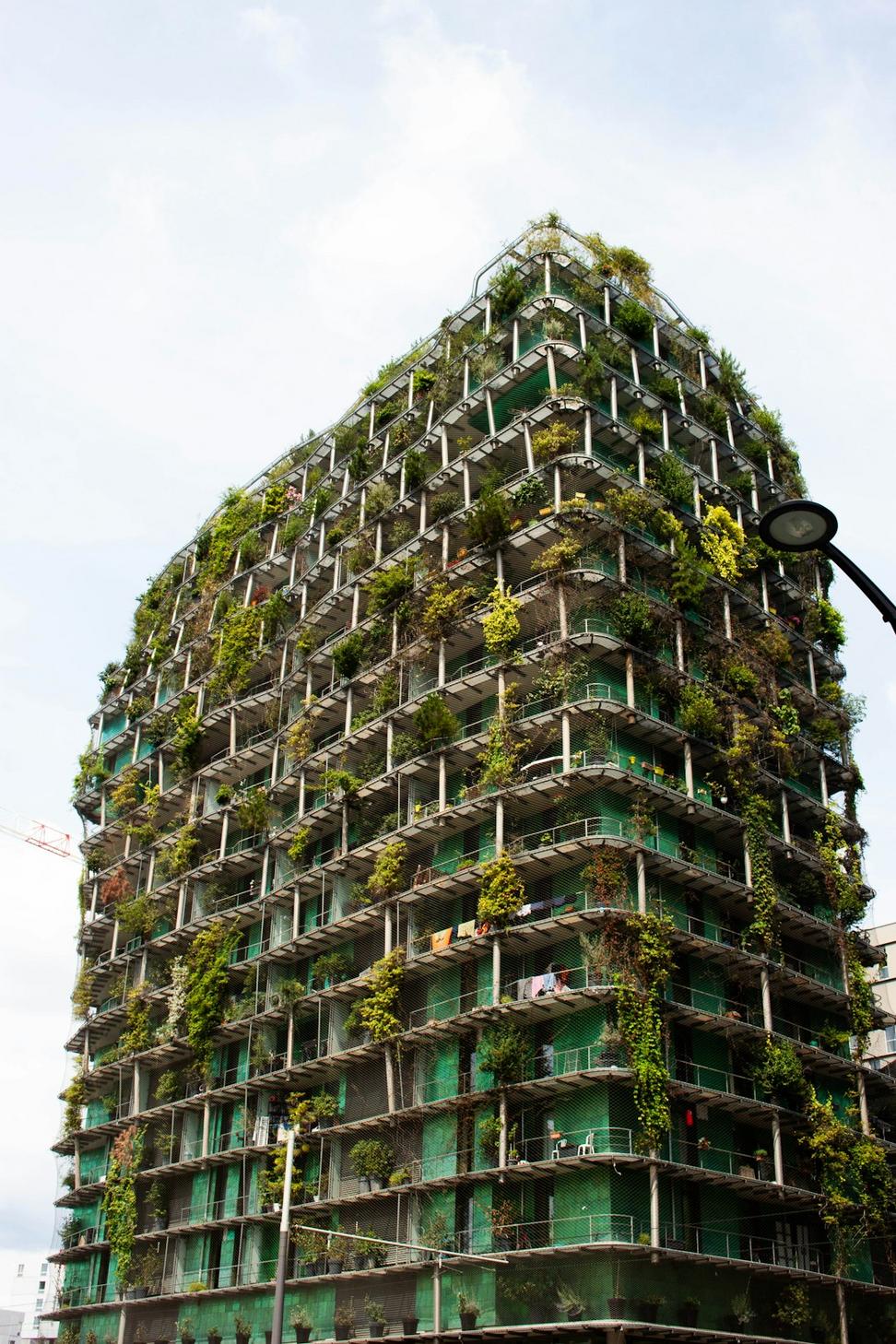
Average energy reduction across completed projects
Water saved annually through our systems
CO2 offset since 2018
Material waste diverted from landfills
No magic, just solid planning and good decisions
Orientation matters more than people think. We position buildings to maximize natural light and heat in winter, minimize it in summer. Saved one client $4k annually just by getting the angles right.
Cross-ventilation and stack effect aren't new concepts - they're ancient. We just apply them with modern materials. Gets fresh air moving without running HVAC constantly.
Local sourcing, recycled content, low VOC everything. Plus we're big on reclaimed timber - it's got character and doesn't require chopping down more trees. Win-win.
Rainwater harvesting, greywater systems, drought-resistant landscaping. Vancouver gets enough rain - might as well use it smartly instead of watching it run down the drain.
Thick walls, triple-pane windows, air-tight construction. Boring? Maybe. Effective? Absolutely. The building envelope is where most energy gets wasted - so we don't waste it.
Energy monitoring, automated controls, heat recovery ventilators. The tech's there, it works, and it pays for itself. Why wouldn't you use it?
Case studies from stuff we've actually built
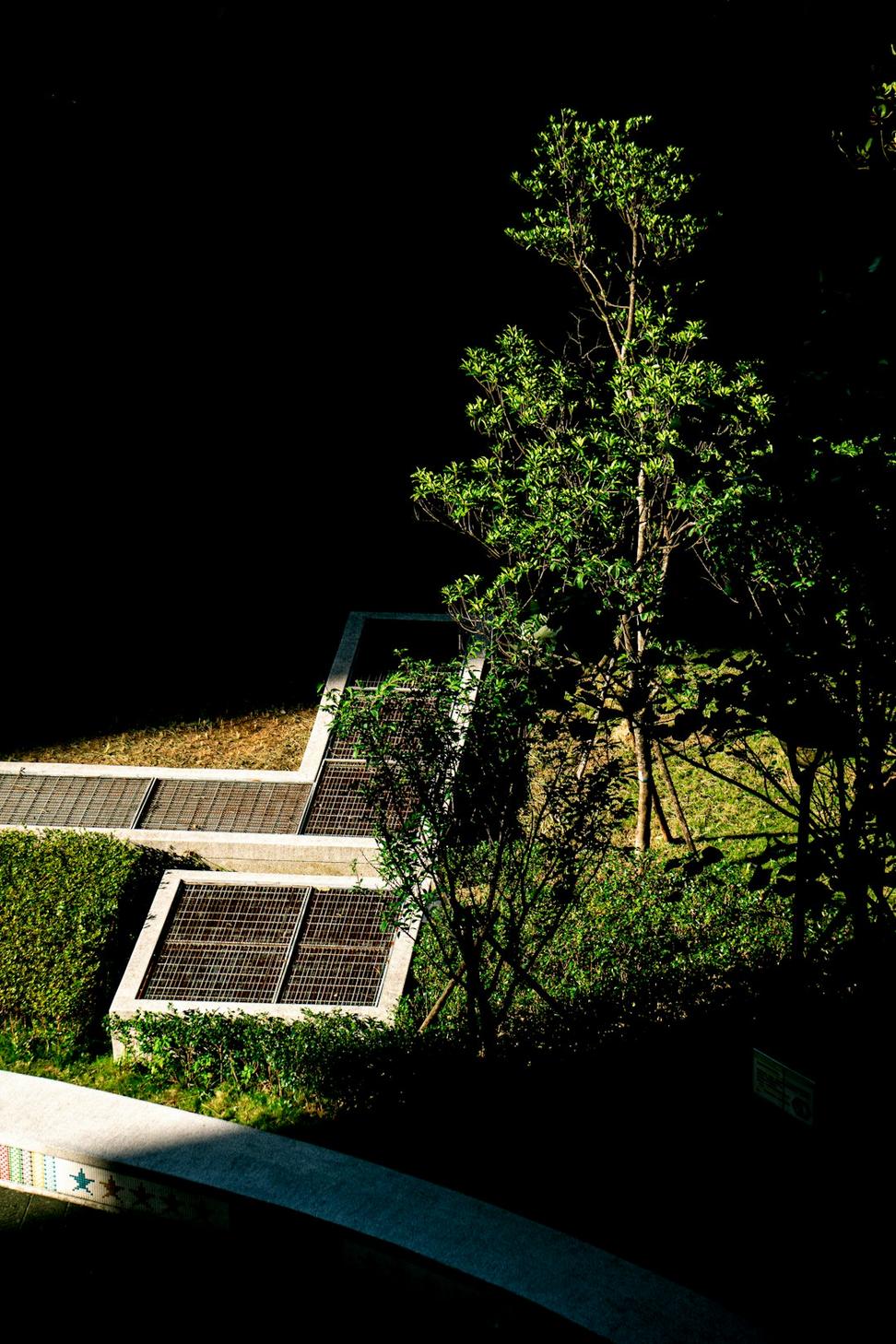
2,400 sq ft family home that produces more energy than it consumes. Client's utility bill? Basically zero. They're actually selling power back to the grid.
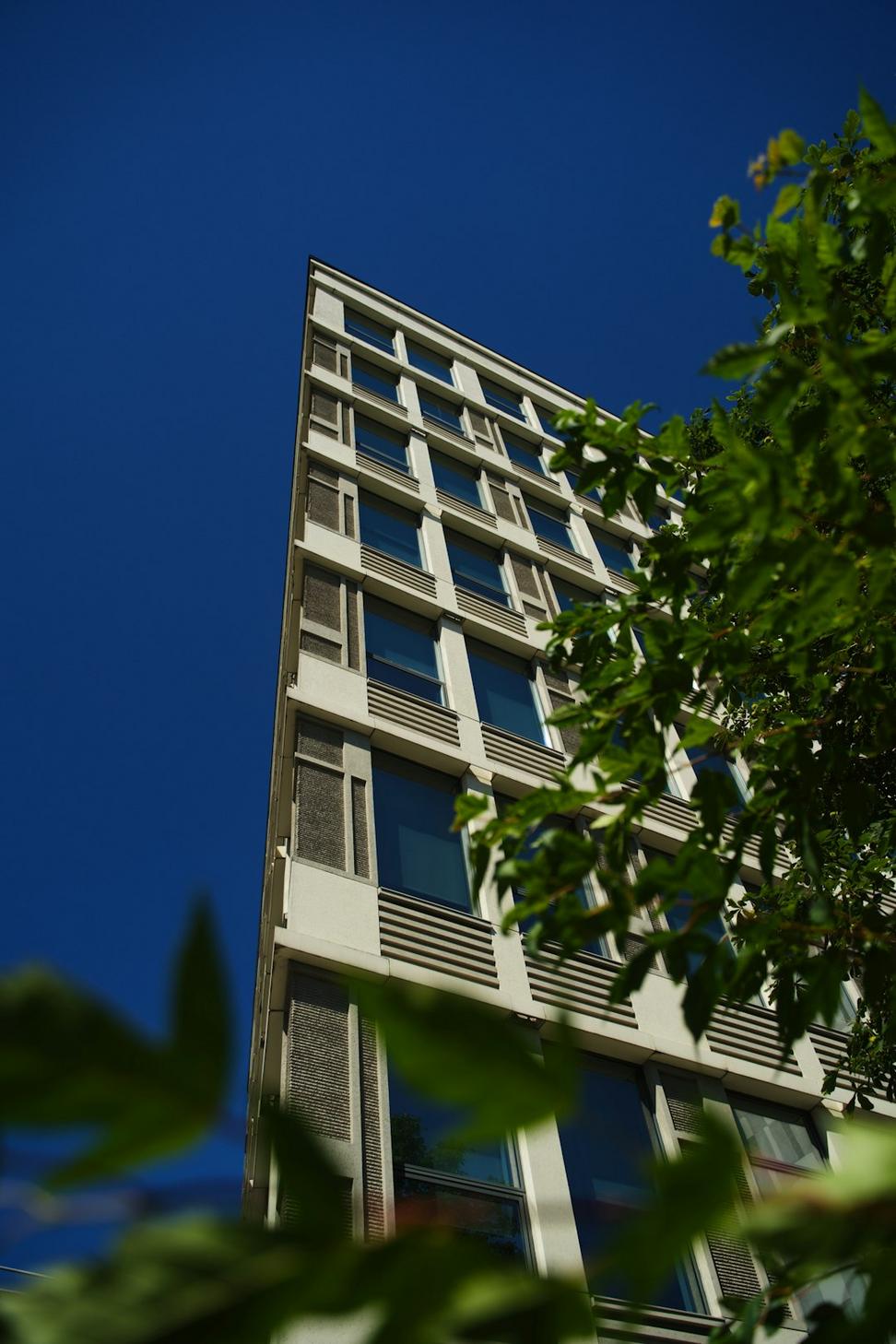
6-story building with retail, office, and residential. Green roof, rainwater collection, the whole nine yards. Tenants love it and vacancy rate's basically zero.
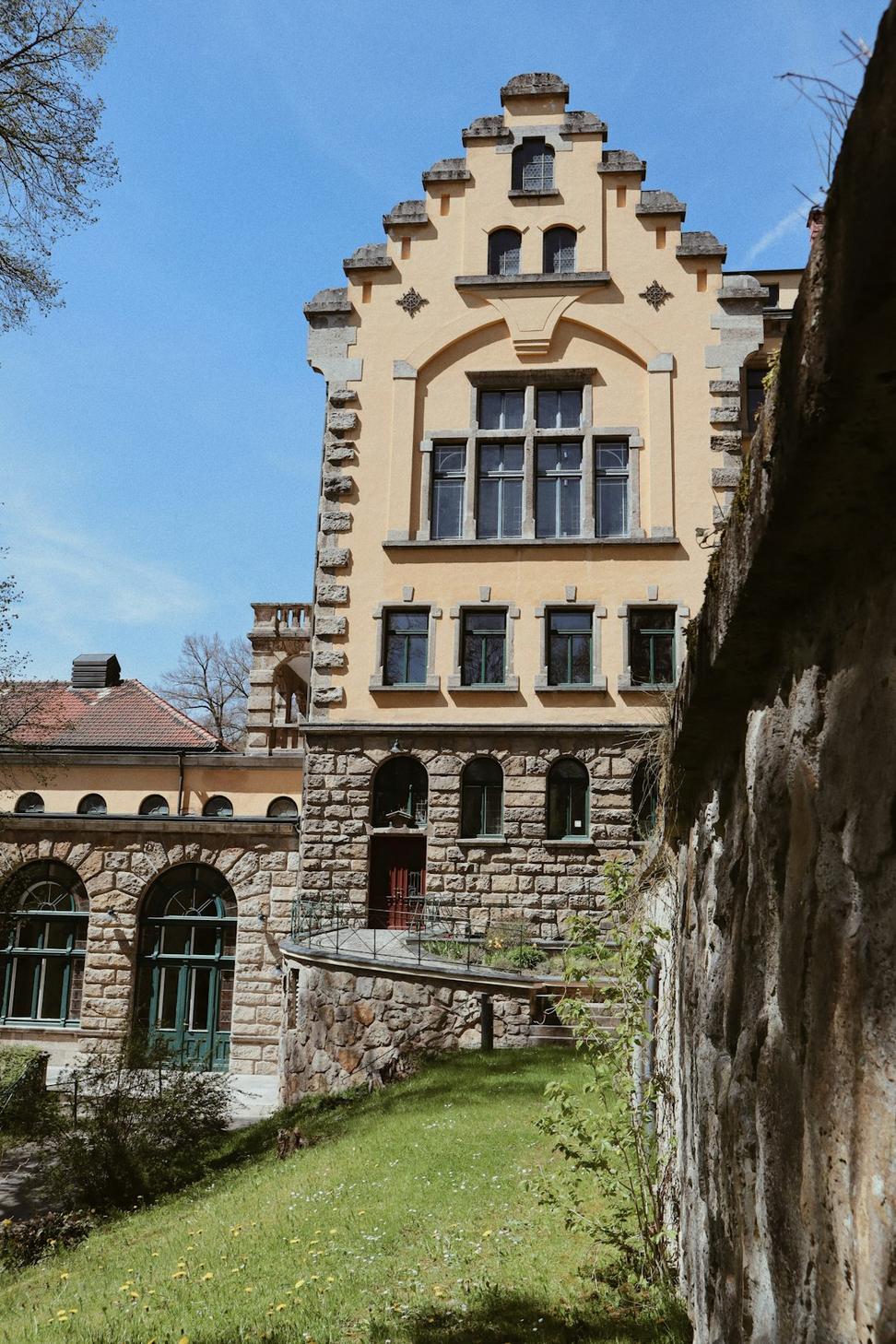
1912 building brought into the 21st century. Kept all the character, added all the efficiency. Trickiest project we've done but totally worth it.
We don't just aim for these - we actually hit them. Got the paperwork to prove it.
Here's the thing - certifications aren't just fancy plaques on the wall. They're third-party verification that we actually did what we said we'd do. LEED, Passive House, Step Code... they all have different focuses, but they all push us to build better.
Some clients specifically need them for financing or corporate goals. Others just want to know they're getting a quality build. Either way, going through the certification process keeps us honest and constantly improving.
Plus, certified buildings consistently show higher property values and lower operating costs. So yeah, there's paperwork involved, but it's worth it.
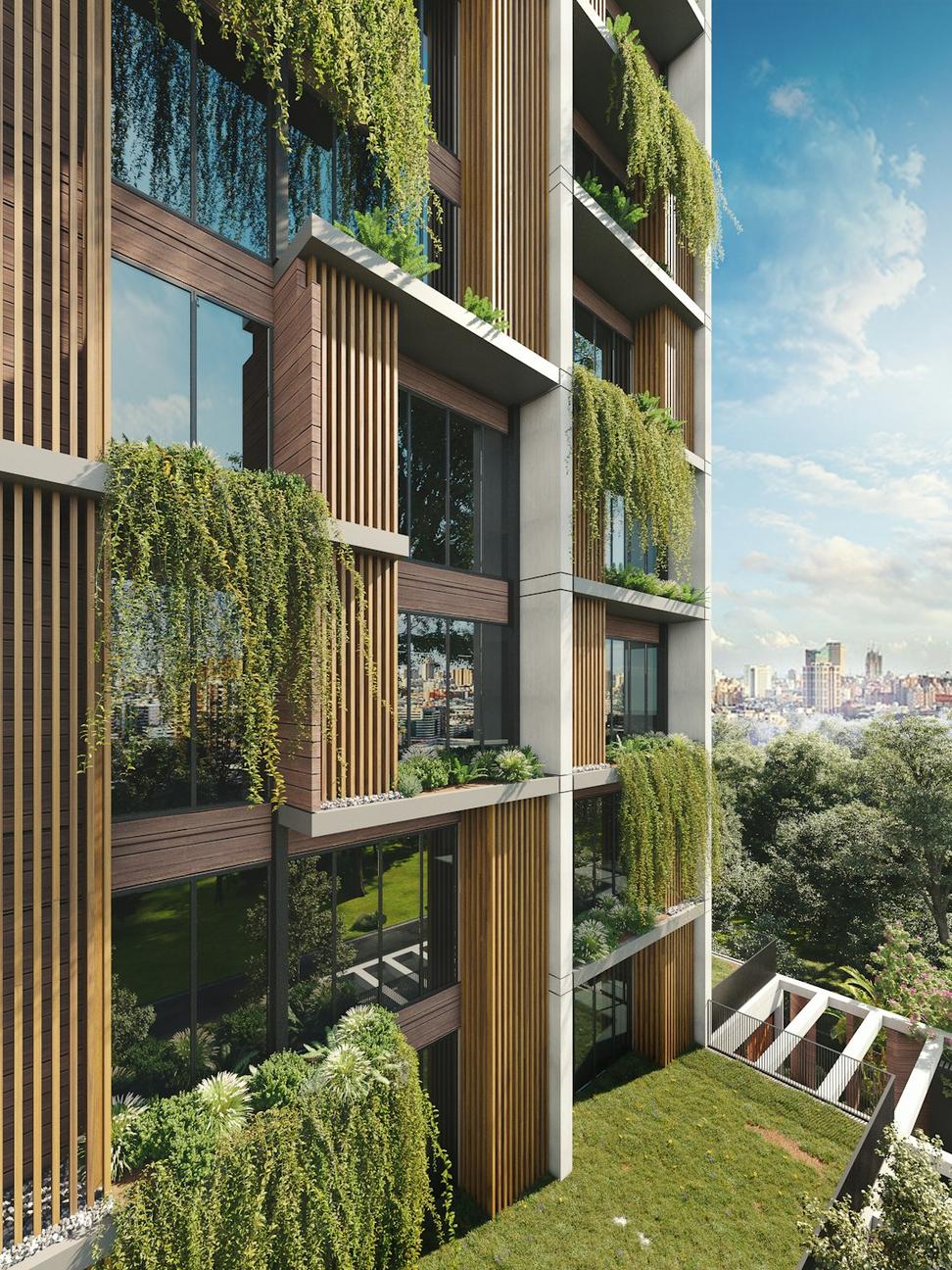
Yeah, sustainable design can cost more upfront. Usually we're talking 3-8% higher initial investment depending on what you're going for. But let's break down what that actually means.
Bottom line: if you're planning to own the building for more than a few years, sustainable design makes financial sense. If you're flipping? Well, that's a different conversation.
Absolutely. Some of our best work is retrofits. It's trickier than new builds but often more satisfying. We've done everything from 100-year-old heritage buildings to 70s-era commercial spaces. There's almost always a way to improve efficiency.
Nope. Every bit helps. We work with whatever budget and goals you've got. Even simple upgrades like better insulation and LED lighting make a real difference. Net-zero is awesome but it's not the only path to sustainability.
About the same as conventional design, honestly. Maybe adds a week or two to planning for energy modeling and material research. Construction timeline's basically identical. The certification process can add time at the end, but the building's done and usable.
All the systems we spec are proven tech with good support networks. Solar panels last 25+ years, heat pumps 15-20, LED lights 10+. And yeah, stuff eventually needs service - but so does conventional equipment. We provide maintenance guides and vendor contacts for everything.
Let's talk about your project. We'll shoot straight about what's possible, what makes sense, and what'll actually work for your situation.